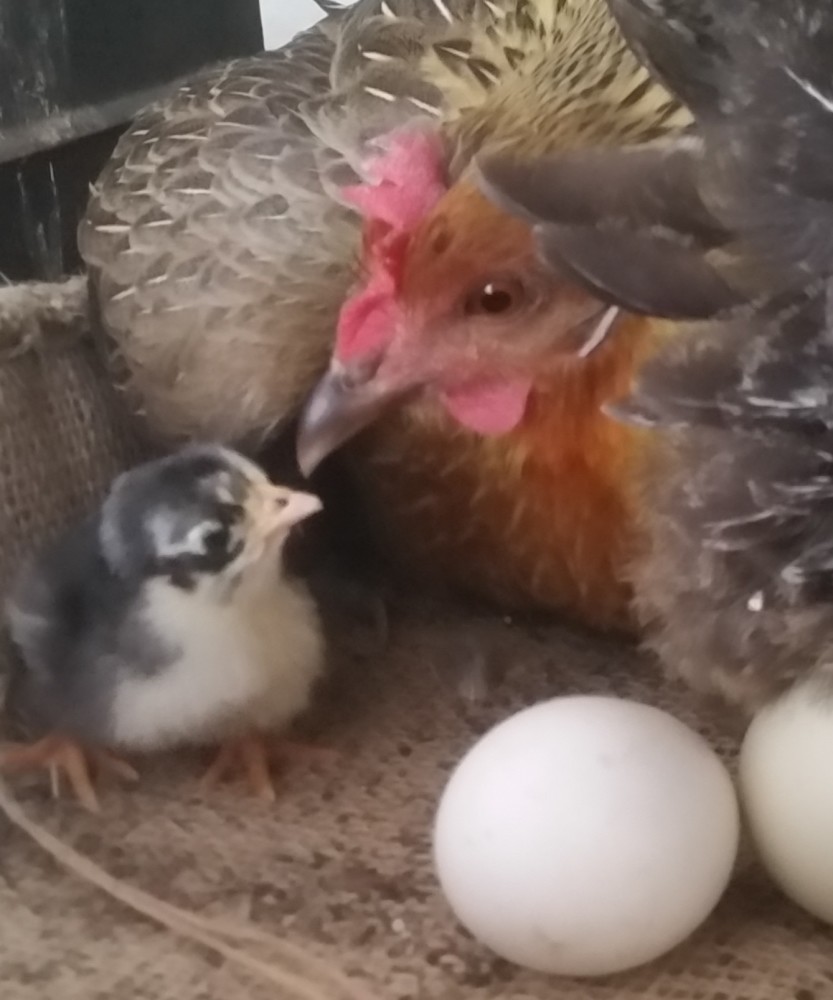By Dr. Mario Villarino

Backyard chicken flocks for meat or egg production are a growing trend among rural, suburban and even urban dwellers, said a Texas A&M AgriLife Extension Service expert.
Craig Coufal, Ph.D., AgriLife Extension poultry specialist and associate professor in the College of Agriculture and Life Sciences Department of Poultry Science at Texas A&M University, said increasing numbers of consumers want to know the source of their food. Producing eggs and poultry at home is part of that movement.
There are a number of considerations for backyard poultry beginners before they start a flock, he said. There is a range of informational resources available to prospective and established backyard poultry producers, Coufal said.
Investing in a barnyard flock is an upfront and ongoing expense. So, owners should consider what their expectations for the flock will be. Is it for the satisfaction of producing your own eggs and/or meat? Is it to make a profit or reduce the food bill?
“I will tell you now that it’s cheaper to go to the grocery store and buy eggs,” Coufal said. “But there is something about having homegrown eggs. It’s like producing your own vegetables, and I understand that. But it takes commitment and work to produce meat and eggs on a break-even scale much less turn a profit. But it can be done.”
Good nutritious feed helps egg-producing hens “build” their eggs, Coufal said. Even free-range chickens should be provided supplemental feed if producers want to maximize egg production.
“A young egg-producing breed should be producing an egg a day at around twenty-five weeks,” Coufal said. “That tapers off as they get older, but you will maximize production if you provide the right amount of protein, nutrients and vitamins to their diet and help the hen build her egg.”
Chickens can live for many years, but their egg production will reduce as they age. So maximum egg production, and thus reduced cost, is achieved with younger hens. If the backyard flock is producing for commercial sale, owners should know the applicable rules and regulations governing the operation, he said. Backyard producers in urban or suburban areas should also look at applicable regulations regarding chicken numbers and noise and odor abatement before investing time and money.
“Backyard flocks have grown in popularity over the last several years,” Coufal said. “It’s fun and satisfying work, but there is a lot more to it than just buying some chicks and collecting eggs.”
Coufal said it’s important for backyard flocks to include birds from reputable sources. This reduces the chance of buying incorrect sexes depending on production desires and birds that could be carrying disease without showing any symptoms.
Look for National Poultry Improvement Plan, NPIP, certified hatcheries, Coufal said. Many reputable poultry producers can be found online and will deliver vaccinated chicks. When purchasing ask for documentation regarding disease testing for diseases like Pullorum-Typhoid, Coufal said.
Buying from certified growers also reduces the possibility of exposing an existing flock to a disease when new birds are introduced.
For more information about this or any other agricultural topic, please contact the Hopkins County Extension Office at 903-885-3443 or email me at [email protected].






